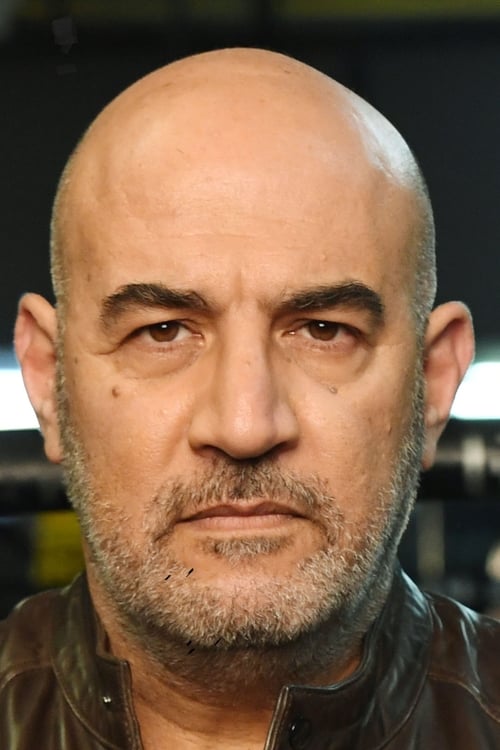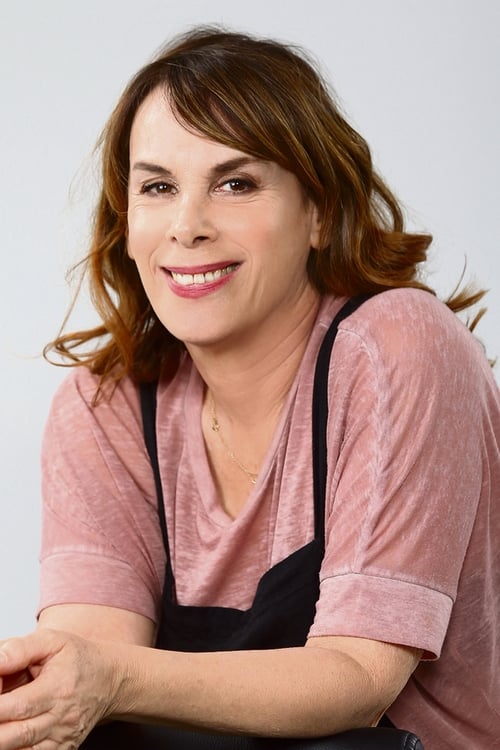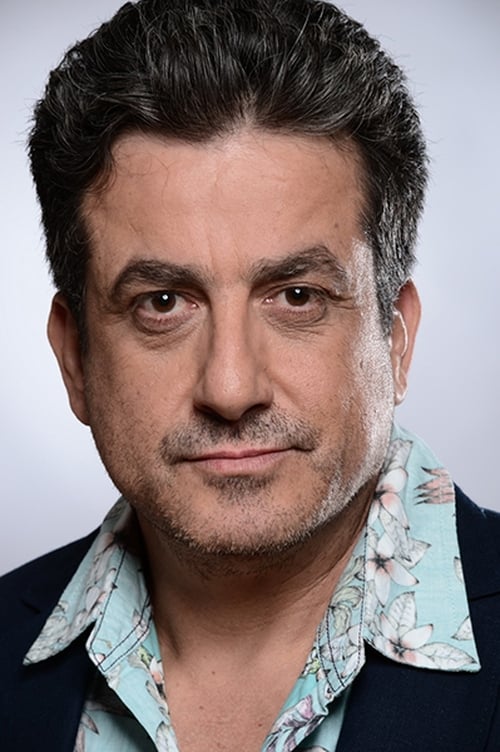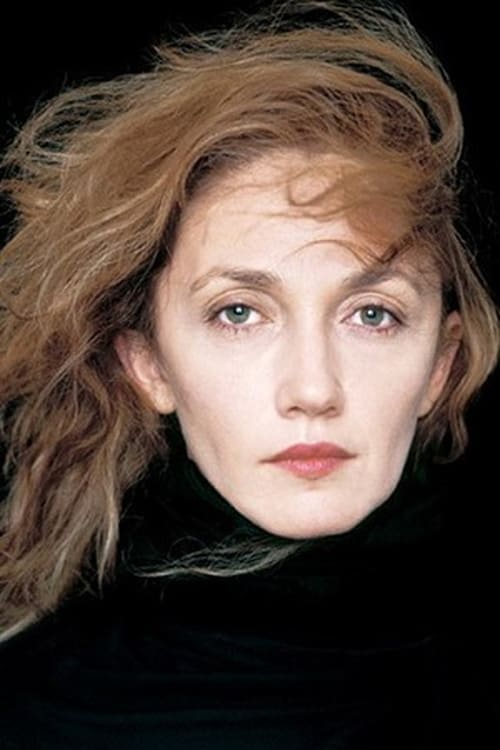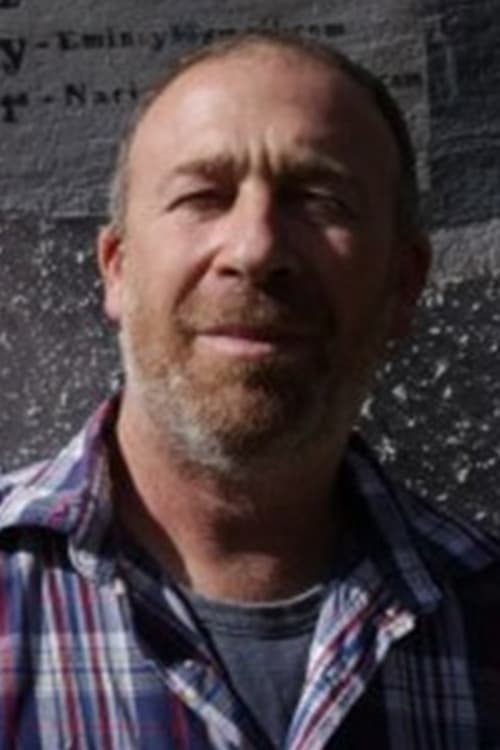Saint Clara (1996)
The Revolution Will Start Here
Genre : Fantasy, Drama, Romance
Runtime : 1H 25M
Director : Ari Folman, Ori Sivan
Synopsis
The year is 1999 and the storyline is actually a number of sub-plots all revolving around the 13-year old Clara, a girl that can predict the future and has telekinetic powers. The sub-plots include a boy in her class who has a crush on her, his family, her family and her principal that keeps talking French for some strange reason.

Beijing, 1902: an enterprising young portrait photographer named Liu Jinglun, keen on new technology, befriends a newly-arrived Englishman who's brought projector, camera, and Lumière-brothers' shorts to open the Shadow Magic theater. Liu's work with Wallace brings him conflict with tradition and his father's authority, complicated by his falling in love with Ling, daughter of Lord Tan, star of Beijing's traditional opera. Liu sees movies as his chance to become wealthy and worthy of Ling. When the Shadow Magic pair are invited to show the films to the Empress Dowager, things look good. But, is disaster in the script? And, can movies preserve tradition even as they bring change?

Rachel, 27, is raising her mentally retarded sister Gabby, 24, all by herself. When the social worker finds out she leaves her sister alone in the house while at work, she is forced to place her in a day-care center. For the first time in her life she shares the upbringing of her dear sister with someone else, her daily routine collapses and the huge void, left by her sister's absence, makes room for a man in Rachel's life. That man, Zohar, tears another crack in the symbiotic relationship of the two sisters. Rachel hangs on to his love as if it was a life belt. But her inability to lead a normal, intimate and emotional relationship with anyone but her sister, forces them into a twisted threesome, where boundaries between love, sacrifice, nurturing and torturing – are broken.

A painfully shy noodle-shop owner and a prostitute have a chance encounter when destiny arrives in the form of a car accident.

The film is based on the story of Anatoly Kurchatkin "House of Women". A tragicomedy about four women of three generations who lives in a tiny Moscow apartment: a sick grandmother, constantly requiring attention; a mother, very peculiar woman, who still hoping to somehow arrange her personal life; and two daughters, each of whom has a lot of problems.

Daphne and her four children try to cope with the abrupt death of husband/father. As the family seems to fall apart, a sudden incident gives them a chance to heal their 'broken wings'.

A look at Alfred Hitchcock's films. The Master of Suspense himself, who is interviewed extensively here, shares stories including his deep-seated fear of policemen, elaborates on the difference between shock and suspense, defines the meaning of "MacGuffin," and discusses his use of storyboarding in designing a film. Clips from many of his greatest films (including "North by Northwest", "Shadow of a Doubt", "The Birds", and the legendary shower scene from "Psycho") illustrate his points, often to Hitchcock's own voice-over observations, with narrator Cliff Robertson offering other critical insights.

On a whim, Eve, a young Swedish traveler, accepts an invitation from Peter to vacation on his family's private island off the coast of New England. As a series of unexpected delays prevent other guests from arriving, Eve discovers that she has little in common with the increasingly erratic Peter. Gradually the idyllic natural beauty of the island gives way and Eve finds herself trapped in a state of surreality punctuated by bizarre visions, dimensional shifting and secret pizza.

During a harsh winter young woman with a child is living in a remote shack. While fighting for their lives they do not know that they can die before the first snow.

An island retreat. A man, his face bandaged, plays cards nonchalantly. His ex-wife arrives. Conversations happen. (Mubi)
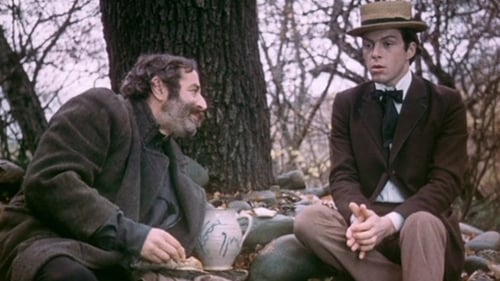
The year is 1907. The young composer Nikusha sets out on a journey over the villages of Central Georgia to record folk songs. For this he provides himself with a map of the places he would like to visit. His accidental co-traveler is Leko Tatasheli who is convinced that the composer is on a mission of the revolutionary committee and his map is the plan of a future uprising…
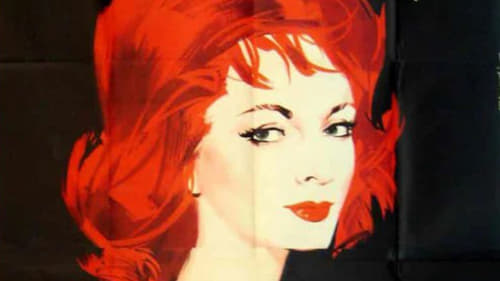
Bored with her marriage, Franziska decides to travel to Venice.

10 years after he left Israel and "played it big-time in America", Benny Shpitz returns for a visit, self-exploring his youth, friends, dreams, beliefs and idol, Daniel Wax, who symbolized the "beautiful Israeli". Shpitz finds out his friends are melancholic, unsatisfied with marriage life, hiding a vast hole in their sole. In a wider context, Israel post 67' will no longer be the society that it was meant to be.

An intelligent social issues drama, Manpower sketches a portrait of four men in crisis. Moving between scathing realism and subtle irony, the film raises questions of belonging and uprooting, exile and emigration, home and family. Meir Cohen is a decorated police officer yet he barely earns a living. His new assignment to deport African migrant workers teaches him that foreigners aren’t the only ones with no future in his country. Other plotlines intertwine with Meir’s story: an Israeli-Filipino boy fighting for recognition; a taxi driver whose children are migrating to a distant country; and a veteran migrant worker who’s forced to decide whether to leave or to hide until trouble passes.
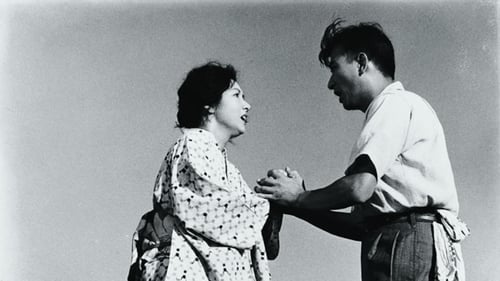
The year is 1932, and a woman, whose tenant-farmer fiancé is fighting in China, is raped by the landowner's son, who has returned from the war with a crippling injury, and then forced into marriage with him. In four more chapters, presented over three decades, their children undertake their own searches for love, while the parents try to make each other as miserable as possible.

Juraj Jakubisko's first feature film after a forced nine-year-long break is a story about an unconventional man, Jozef Matúš. He arrives to a small village in eastern Slovakia to settle down and start a family. He is ready to subordinate everything to his goal. It all starts with stealing building material and ends with him disregarding those close to him to a point where his ambitions are turning against him. Build a House, Plant a Tree is a viewer-friendly film with a plot resembling a western, including several attractive action sequences.
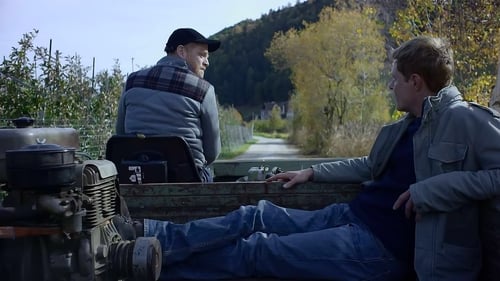
Albert grew up on an isolated mountain farm in the middle of nowhere in the Alps. Although he’s already in his 30s, his omnipresent mother Marianne still pulls the strings in his life. Not intentionally and only because of his mother’s pressure, Albert went to live in the nearby valley to make his living in a marble quarry. Marianne wants to protect him from the poor and lonesome life on the mountain and is even willing to denounce their bonds to the tradition of the farm, that has existed over centuries. Like an abandoned animal that keeps coming back to its territory, the introverted farmers son keeps sneaking back to the mountain as often as possible. When his father dies accidently whilst repairing the roof, Marianne fears, that Albert will take over the role of his father and return to the farm. Instead, she decides to hide the death from Albert and the outside world—and buries his corpse on the mountain.
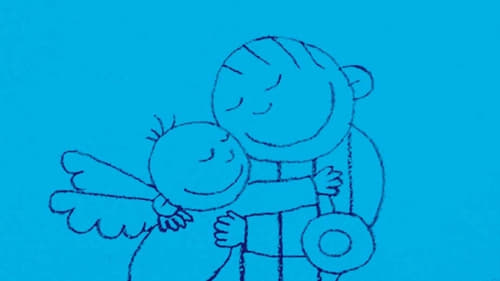
Illustrations of the thoughts children's have about death.
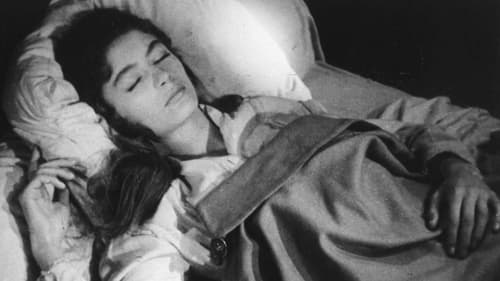
A twenty year old Anouk Aimée stars as Albertine, the daughter of a bourgeois couple who house a young officer during the Napoleonic wars. Newly promoted, the officer (Jean-Claude Pascal) is quartered by a dull bourgeois couple who treat him with a cold politeness bordering on indifference.
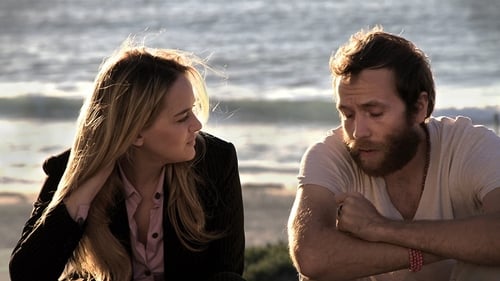
A man's life is altered unexpectedly after telling a lie to get out of work.

Juliano Mer Khamis' documentary on his mother, Arna, an activist against the Israeli occupation who founded an alternative education system for Palestinian children.



